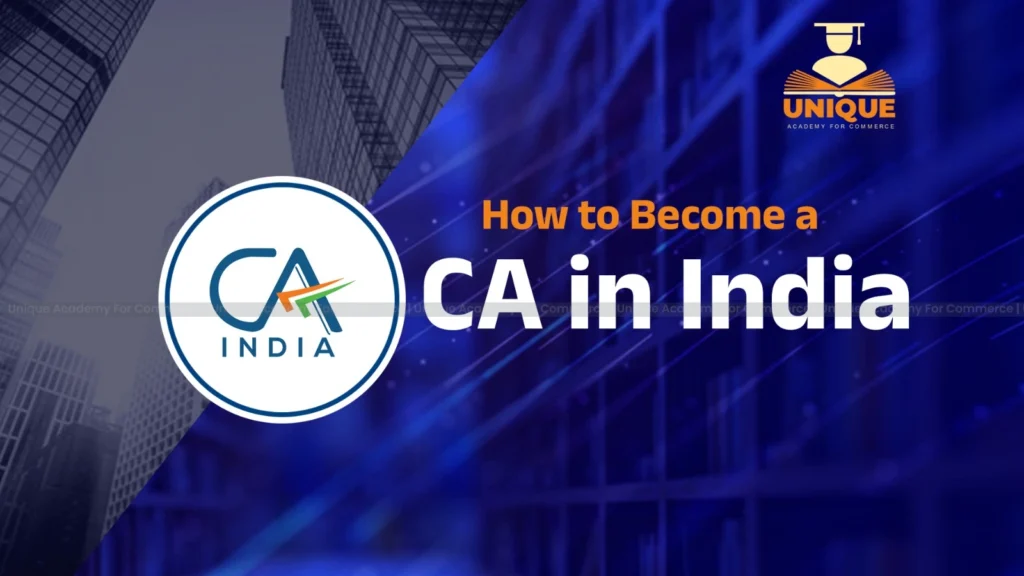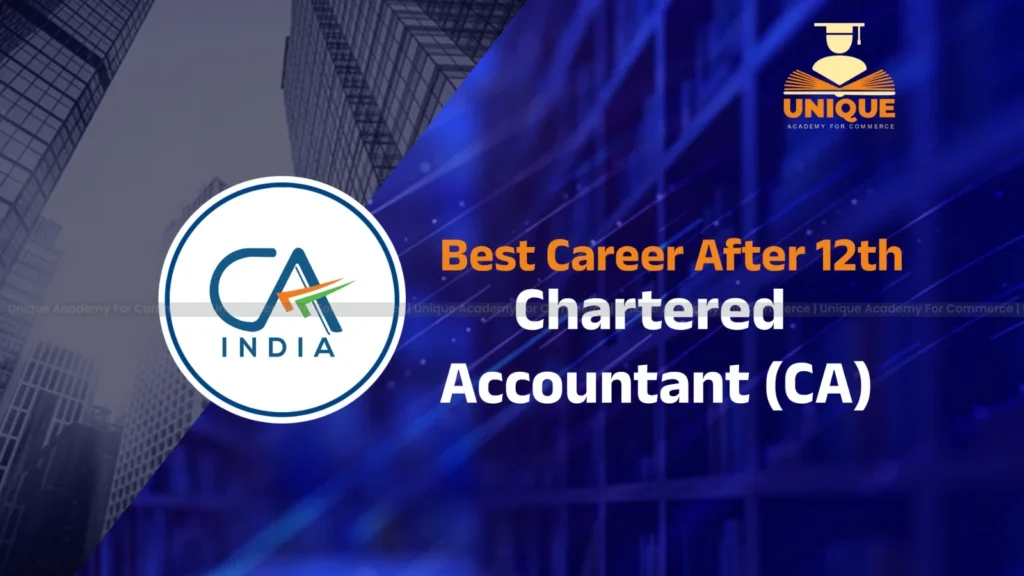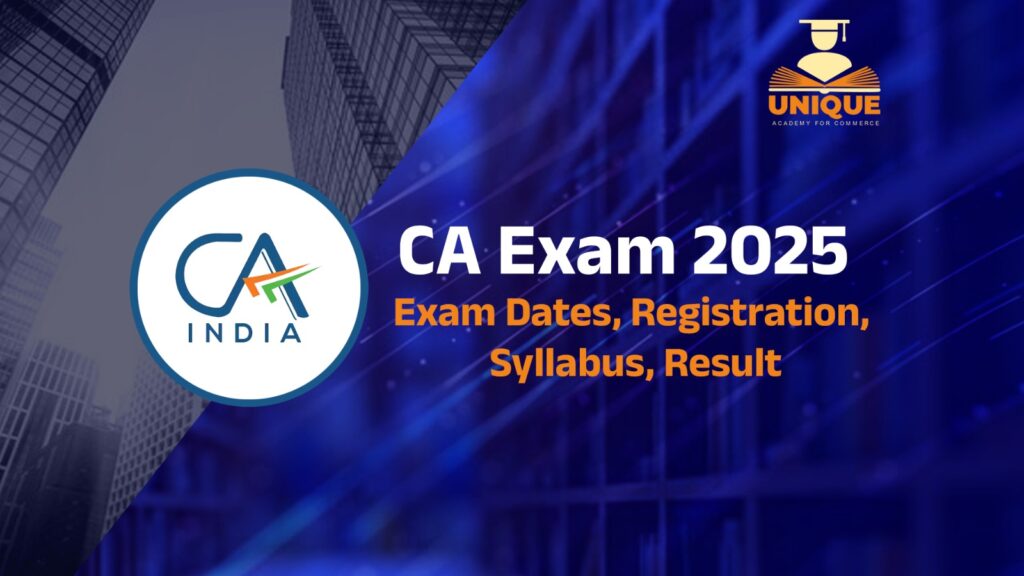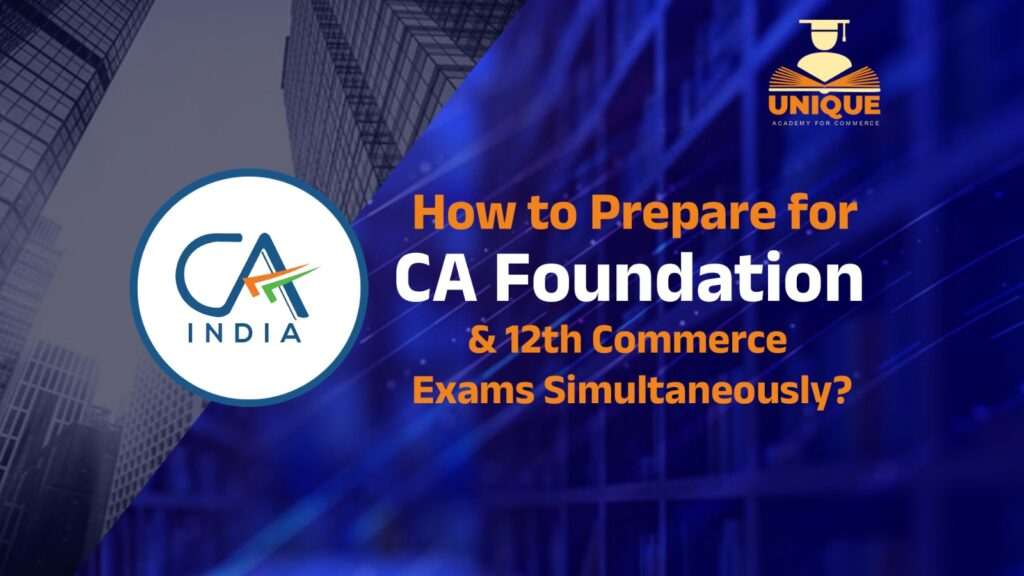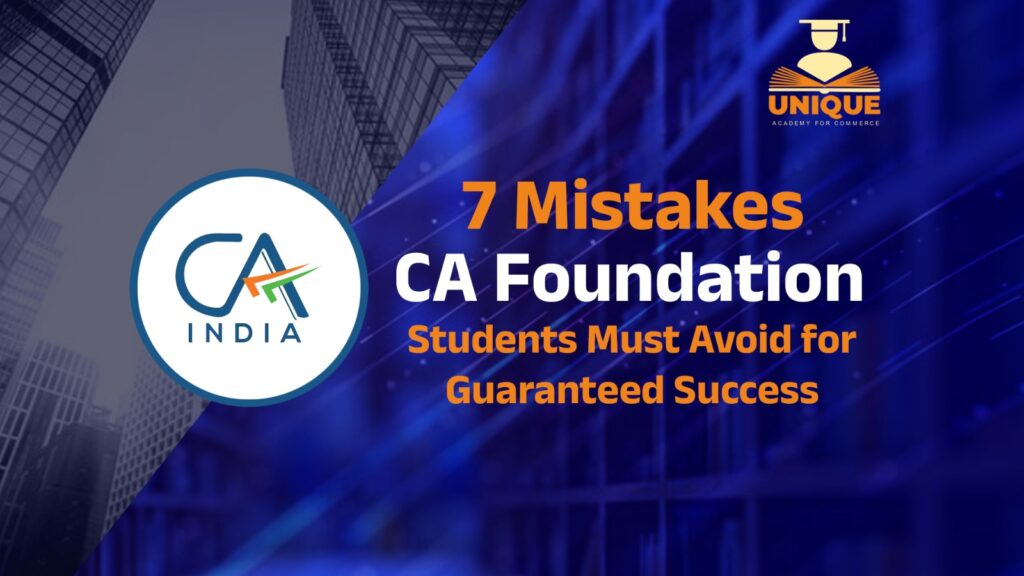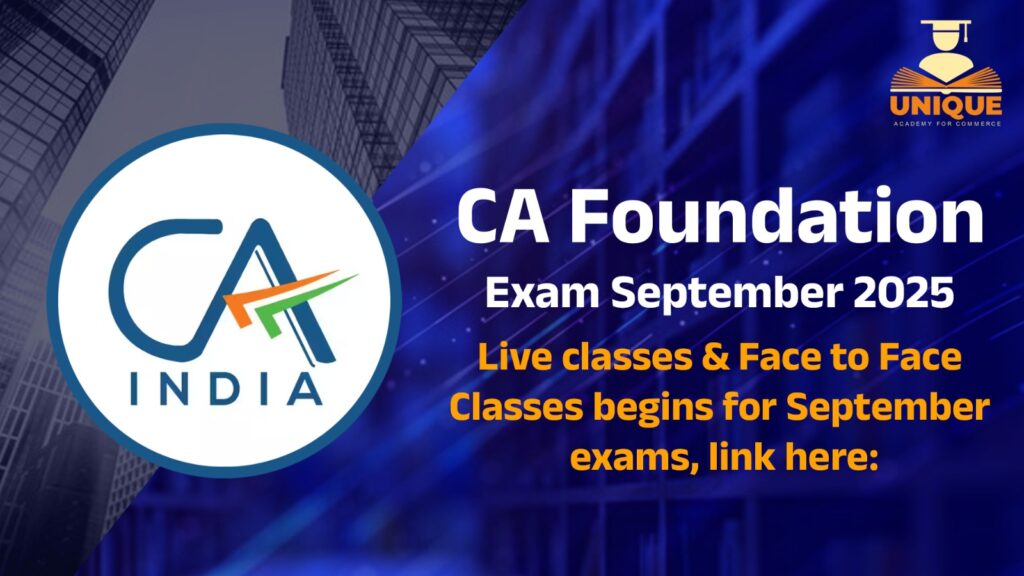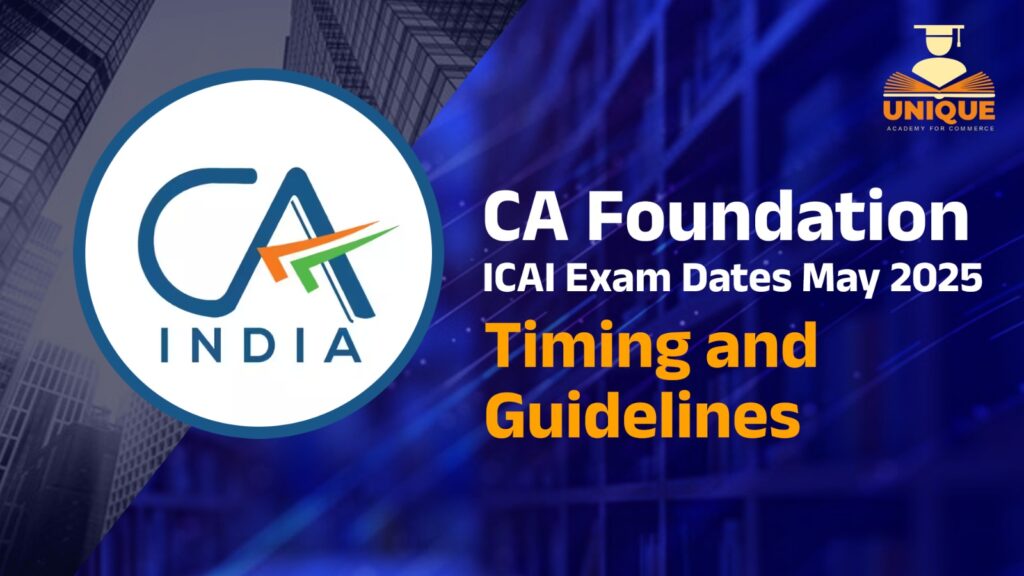Why Chartered Accountant as a Career Option? Why is Chartered Accountant is Best Choice After 12th Commerce?
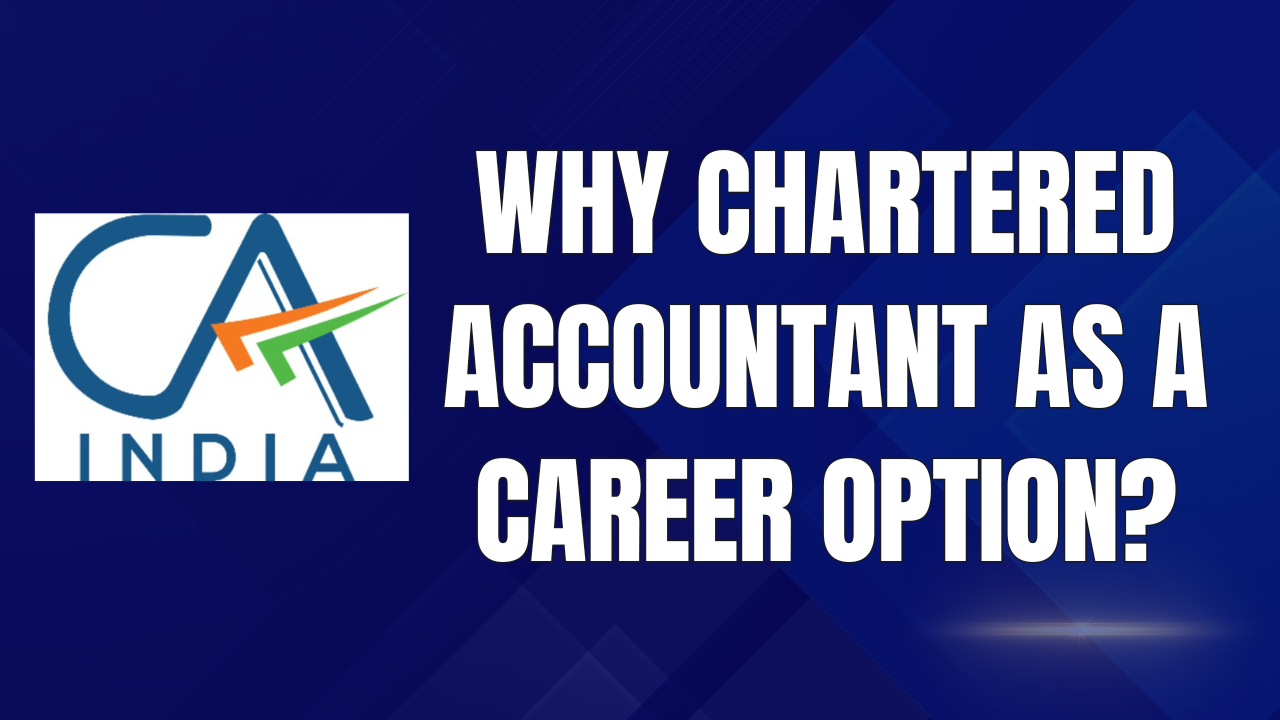
The decision on what career path to follow is one of the most important decisions that students make as they complete their high school education. Given the vast number of opportunities that students are exposed to, it is but understandable that they would be confused as to what they should do after their 12th standard. A popular career option for commerce students is Chartered Accountant (CA).
An overview of the chartered Accountant course
CA course is a professional course recognized by the Institute of Chartered Accountants of India (ICAI). It consists of three levels: The CA curriculum is divided into three levels, namely the CA Foundation, CA Intermediate, and CA Final. After passing the intermediate comes the compulsory two years articleship training, a candidate is then conferred with the title of Chartered Accountant.
Why Chartered Accountant as a Career Option?
1. Career Opportunities
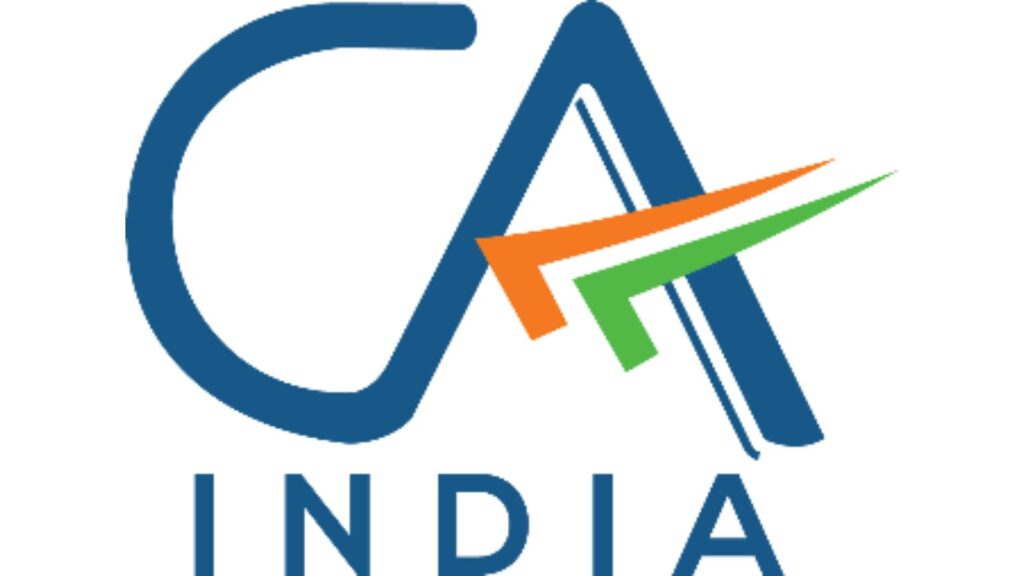
Chartered Accountants are in great demand in different fields of business such as in the public and private sectors, in banks and other financial institutions, in consulting firms, and in government departments. A qualified CA can choose from a bunch of career opportunities, such as:A qualified CA can choose from a bunch of career opportunities, such as:
Auditing: Maintaining the financial integrity and accountability.
Taxation: Providing clients with recommendations on tax planning and legal requirements.
Financial Management: Controlling financial resources.
Corporate Finance: The evaluation of investment decisions and capital structure.
Consultancy Services: Offering professional consultancy services in financial affairs.
2. Reputation and Recognition
Chartered Accountant is one of the most prestigious professions in India as well as in other countries. CAs are recognized for their financial knowledge, problem solving skills and high standards of integrity. The profession is highly respected, recognized, and provides job satisfaction to the practitioners.
3. Lucrative Salaries
A qualified CA can look forward to a good pay package from the initial days of their career. When they are through with their training and have set their foot in the market, they stand to benefit from a steep earning scale. The average salary of a newly qualified CA in India is between INR 7-12 lakhs per annum, and it can go as high as INR 25-30 lakhs per annum with experience and expertise.
4. Flexibility and Growth
Chartered Accountant as a career is challenging and ever growing with the development of the business world. CAs must ensure that they are conversant with the current trends in taxation, accounting standards, and financial regulations. This continuous learning helps in professional development and prepares the professionals for any changes that may occur in the future.
Beyond the Numbers: Acquiring Relevant Competencies:
The CA course equips students not only with technical knowledge but also fosters the development of crucial soft skills:
- Analytical and Problem-Solving Skills: CA professionals operate under legal and regulatory frameworks and must be able to assess the situation and come up with the most appropriate course of action.
- Communication and Interpersonal Skills: It is important for a CA professional to interact with the various stakeholders including the board of directors and government agencies.
- Time Management and Organizational Skills: The nature of the work involves handling many due dates and tasks, therefore good time management and planning is very essential.
- Research and Analytical Skills: Due to the dynamic nature of the legal system, there is a need for good research and analytical skills to address compliance issues and provide recommendations.
- These are important skills in any organization and greatly contribute to the development of an individual’s career.
Challenges of pursuing CA The following are the challenges that one is likely to encounter while pursuing a course in CA.
While the CA course offers numerous benefits, it is essential to understand the challenges associated with it:
1. Lengthy and Competitive Process
The CA course is famous for its tough syllabus and super low passing rates, and it is considered one of the most difficult professional courses in India. Students should expect to spend considerable time studying and taking tests.
2. Articleship Period
CA articleship, also known as articled training, is a mandatory practical training program that CA (Chartered Accountant ) students undergo as part of their professional education. During the articleship period, CA students work under the guidance and supervision of a practicing Chartered Accountant. The duration is 2 years as per new course structure.
3. Continuous Learning
CAs are required to update themselves with the changes in laws, regulations, and accounting standards. This entails commitment to learning as a continuous process throughout one’s life.
4. Ethical Responsibilities
Ethical responsibilities of CAs include duties towards the clients, employers, and society since they are financial experts. It is important to adhere to professional standards.
In a nutshell, the Chartered Accountant course can be the best career option for the students who have a deep interest in the fields of finance, accounting, and taxation and who are ready to work hard and meet all the demands of the course.
It provides an opportunity to have a fulfilling job with great opportunities for advancement and recognition around the world. If you like numbers and have a strong desire to work in the field of financial management, CA is exactly for you!
ICAI CA Final Registration November 2024: Fees, Last Date, Eligibility & How to Register Online





